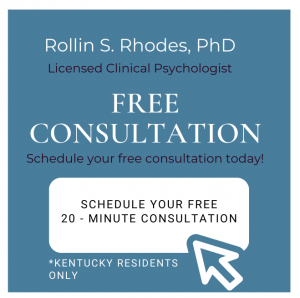Adult ADHD

Many children, around 10%, are diagnosed with ADHD. About 13% are males and 6% females. Around half of these children receive some form of treatment including school programs, behavioral treatments, or medications.
Often, symptoms improve, and by adulthood, many of the issues may no longer seem problematic. However, research also indicates that adult ADHD is underdiagnosed and that many adults who have continued ADHD consequences are not aware of the effects. In essence, they just know that everyday tasks can be a challenge. This shows up primarily in difficulty to focus and prioritize. In turn, these difficulties can worsen issues of anxiety, depression, and other issues.
Adult ADHD symptoms may include:
- Impulsiveness
- Disorganization and problems prioritizing
- Poor time management skills
- Problems focusing on a task
- Trouble multitasking
- Excessive activity or restlessness
- Poor planning
- Low frustration tolerance
- Frequent mood swings
- Problems following through and completing tasks
- Hot temper
- Trouble coping with stress
For adults with mild to moderate symptoms, research indicates that behavioral treatments can be effective. Much of this involves strategies to structure their day and to prioritize their tasks. There are benefits to cognitive behavior therapy to address how the symptoms have affected them personally, such as self-esteem and confidence. More severe or resistant symptoms may benefit from prescription medications.
Excerpted from:



